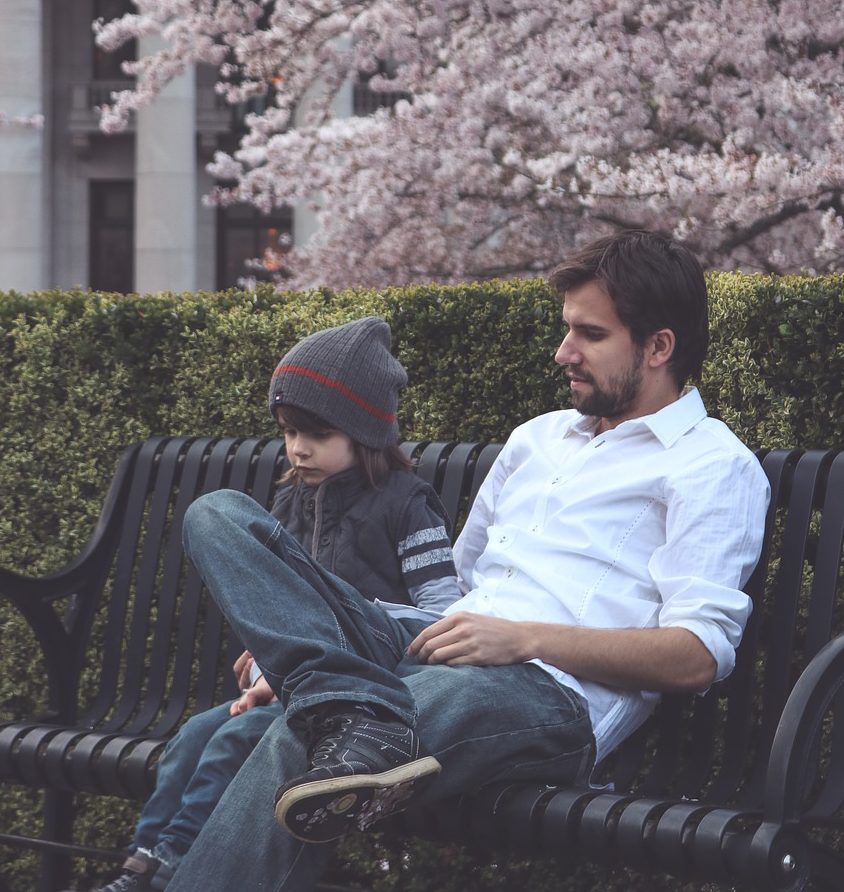If your child is struggling with OCD symptoms it can be a challenging time for you, your kid, and your family. Whether they are newly diagnosed, or have received treatment previously, you have some decisions to make for what kind of treatment they will need to get better. [bctt tweet=”This article will describe the pros and cons of weekly exposure treatment versus intensive treatment for OCD.” username=”BehaviorChange_”]

how do you know whether intensive or weekly therapy will best benefit your child?
It is well established that the best treatment for OCD and related conditions is exposure and response prevention (ERP) (Abramowitz, Foa, & Franklin, 2003). Briefly, ERP helps individuals to engage directly with their feared or avoided experiences (obsessions) while not engaging in the behaviors meant to reduce the anxiety (compulsions). For example, exposure exercises could include eating food without washing hands, or looking at pictures of knives based on the obsessions your kid is struggling with.
The severity of your child’s symptoms and the response to traditional treatment are important considerations in determining if they should have intensive treatment over weekly or weekly therapy. Below you will read the pros and cons of each one of these approaches. Both of these approaches have been systematically study in controlled clinical trails, the gold standard of research.
Intensive ERP treatment is meant to be delivered approximately around 15-sessions over three weeks (Abramowitz, Foa, & Franklin, 2003). The pros of intensive treatment are that it can benefit children who spend more than 1 hour per day with distressing symptoms, or who have previously not seen gains in therapy. Making treatment the focus of the child’s world, as in intensive treatment, improves their motivation and engagement (Lewin et.al., 2005). Further, they will get back to an optimal level of functioning at school, with their friends, and at home sooner. The cons of intensive treatment are that it can be very arduous for both the child and the family; it requires greater time commitment at a treatment center, and less “normalcy” for a period as the child will be doing exposures practices between sessions.

what kind of therapy is best for your child?
Regular weekly therapy for children struggling with OCD can also have improvements in dealing with their symptoms (Lewin et. al., 2005). Pros of this approach are that it can be more convenient to your schedule, more financially affordable in the short-term. The cons of weekly treatment are that the total length of treatment will be longer; this means you could spend months in treatment rather than weeks, depending on the severity of your child’s symptoms. Here is an important consideration: taking longer to see reductions in symptoms can lead children to loss of motivation and also, less face-to-face time with the clinician or exposure coach, means more time and efforts on the part of the family to help the child conduct exposures between sessions.
A last word about what’s the best treatment option for your child: if your kid has moderate to severe OCD symptoms or they haven’t respond to traditional therapy for over 6-months, they would benefit from an intensive treatment. However, if their symptoms are mild, not intruding more than one hour per day, it may be helpful to start with more traditional weekly treatments.
Works Cited
Abramowitz, J.S., Foa, E.B. & Franklin, M.E. (2003). Exposure and ritual prevention for obsessive–compulsive disorder: Effects of intensive versus twice-weekly sessions. Journal of Consulting and Clinical Psychology, 71 (2), 394-398.
Lewin, A.B., Storch, E. A., Merlo, L.J., Adkins, J.W., Murphy, T. & Geffken, G.R. (2005). Intensive cognitive behavioral therapy for pediatric obsessive–compulsive disorder: A treatment protocol for mental health providers. Psychological Services, 2 (2), 91-104.






